I just started up a new yo angular scaffolding and tried to configure grunt-contrib-connect to open a custom ssl domain name instead of localhost:9000. The custom domain is proxy_pass'd from https://api/ to http://localhost:9000 using nginx.
grunt-contrib-connect and grunt-contrib-watch are updated to 0.7.1 and 0.6.1, respectively.
The new setting works fine on initial launch (grunt serve), but now html/css/js/etc changes no longer trigger a browser reload. What else do I need to change? The console shows that the change was detected but the browser is not refreshed.
Full gist of Gruntfile.js with original and modified versions.
...snipped...
// The actual grunt server settings
connect: {
options: {
port: 9000,
// Change this to '0.0.0.0' to access the server from outside.
hostname: 'localhost',
livereload: 35729
},
livereload: {
options: {
// default: open: true,
// modified custom target
open: {
target: 'https://mydomain.dev'
}
base: [
'.tmp',
'<%= yeoman.app %>'
]
}
}
}
...snipped...
Looks like the main issue is the livereload.js file is attempting to be loaded from a port that is not SSL enabled. How can we configure watch or connect to serve this file up without a port?
Maybe the technique of injecting the script is not compatible with running a https nginx proxy_pass for a connect app? How to get rid of the port? Is it serve-able without a port?
